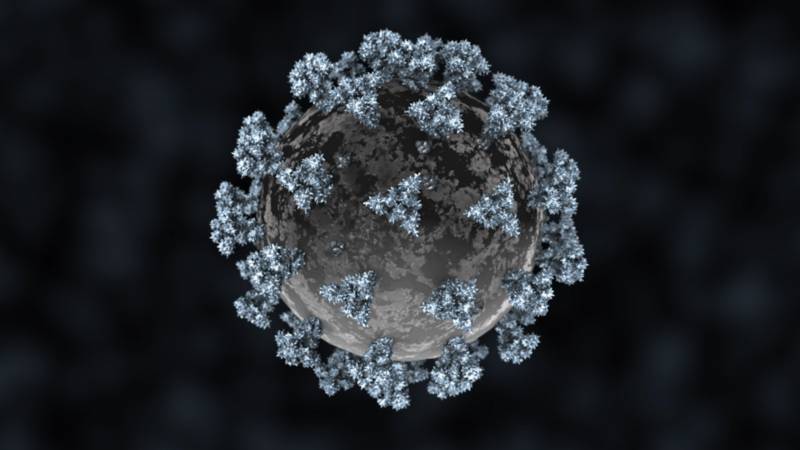KQED Learn is giving students more to talk about! As classrooms move online, KQED Learn is boosting up its video collection to provide students with an engaging and safe space for academic discourse. In addition to PBS Digital Studios’ Above the Noise videos, classrooms can now discuss topics from a wider variety of PBS content to meet the academic needs of almost any middle or high school classroom. We’ve added new discussions featuring PBS content that get students talking about science, economics and their own personal American stories.
KQED Learn is designed to work in any learning environment, with students at home or at school, working self-directed or teacher-led. Each KQED Learn Discussion comes with a video prompt, lesson plan and video transcript. Students can follow simple directions to watch the prompt, write reflections, create media responses and comment on other students’ posts. KQED Learn is optimized for students to use on mobile phone, desktop, laptop or tablet. And it’s easy for teachers to add your students to KQED Learn using Google Classroom or email.
Browse the new discussion prompts below!
PBS American Portrait
The PBS American Portrait project asks viewers from around the country to upload video, audio and images that help answer the overarching question of what it means to be an American today. Responding to short prompts like “you don’t know what it’s like to…” and “My American story started when…” these narratives paint a technicolor picture of the face of the country. In these two discussions, students can watch thematic selections from the American Portrait showcase and respond with analysis, narratives or poetry. They are also invited to share their American story!
Deep Look
KQED and PBS Digital Studios’ YouTube series Deep Look explores the small aspects of biology, ranging from tiny insects to microbes. In this discussion, students learn about how the coronavirus attacks the lungs. This discussion aligns with NGSS standards and prompts students to explore whether a virus is a living or non-living entity.
